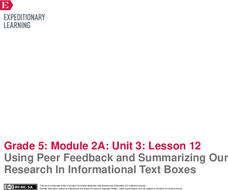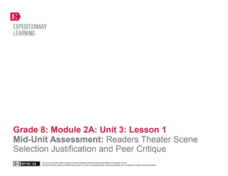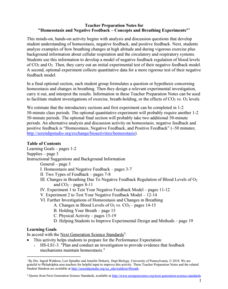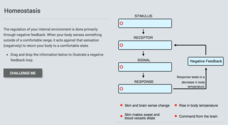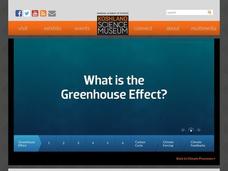EngageNY
Using Peer Feedback and Summarizing Our Research In Informational Text Boxes
Insert text box here. Learners use index cards to create their own informational text boxes. The text box includes information about an insect in the rainforest. Scholars also complete the draft of their research science journal entries.
EngageNY
End of Unit Assessment, Part 1, Continued: Revising Vocabulary and Conventions Based on Feedback
Writers align their position papers with the last two rows in the rubric. After looking at the rubric rows for vocabulary and conventions along with feedback on their papers, class members revise their essays. They then look at the...
EngageNY
Mid-Unit Assessment: Readers Theater Scene Selection Justification and Peer Critique
Is it justified? Readers complete the mid-unit assessment to justify their reader's theater scenes and quote choices from To Kill A Mockingbird. After completing the assessment, scholars conduct peer reviews and critique the script...
College Board
2011 AP® Psychology Free-Response Questions
A student is taking her first exam in Japanese. What are some factors that could affect her success? Learners consider the question, as well as examine a study on vision and feedback using authentic College Board materials.
Serendip
Homeostasis and Negative Feedback – Concepts and Breathing Experiments
More asthma attacks happen at higher altitudes, but why? Scholars complete worksheets, learning about homeostasis and feedback related to breathing. Then, they work in small groups to experiment with breathing in limited amounts of...
Serendip
Homeostasis, Negative Feedback, and Positive Feedback
So many bodily activities depend on homeostasis! Give learners a solid background to understand the basic process of the human body. Scholars first examine negative feedback loops contributing to body temperature regulation and then a...
CK-12 Foundation
Homeostasis
How much negative feedback does a body get daily? The interactive walks through one negative feedback loop, increasing body temperature. Then it challenges scholars to relate this to mechanical feedback loops and disorders that prevent...
National Academy of Sciences
What is the Greenhouse Effect?
The greenhouse effect warms up earth enough so it can support life, but if it heats up too much, life won't be able to survive. An interactive presentation covers the greenhouse effect, the carbon cycle, climate forcing, and climate...
It's About Time
How Might Global Warming Affect Your Community?
What effects will global warming have on your community? This last installment of a six-part series focuses on the effects that global warming may have on a community. Brainstorming and discussion allow groups to independently develop...
OpenStax
Open Stax: Anatomy & Physiology: Hormones
Students will find out about the three major classes of hormones on the basis of chemical structure, and learn the role they play in human physiology.
Morning Earth
Morning Earth: All Lives Seek Balance: Introduction to Homeostasis
Scholars explore the Biology concept of homeostasis. The tutorial consists of definitions, examples, and pictures. Topics include homeostasis in organisms, how they work, and the internal environment.


